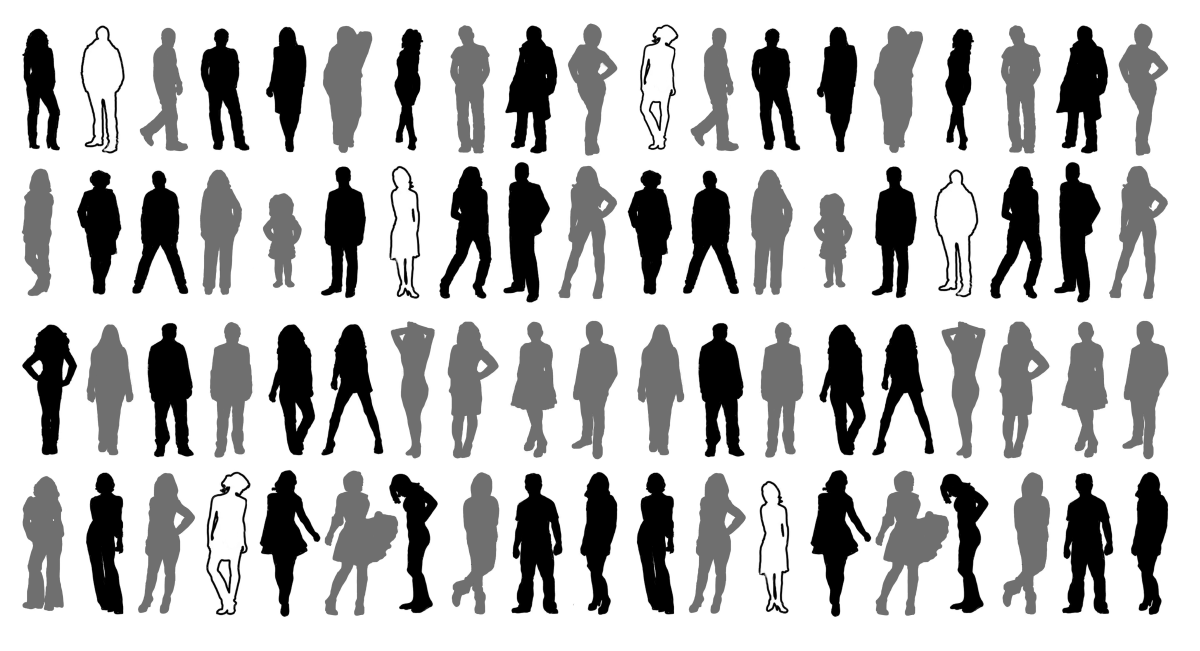
An independent voter is someone who doesn’t identify with any political party, not just the Democrats or the Republicans. Many register as independents to vote in primaries for the Democrats or Republicans, yet independent voters do not have a designated party to vote for and may vote for Trump, Harris, or anyone else. While the initial intent of this article was simply to highlight the independent voices of Nobles, after speaking to many students from all grades, a general lack of knowledge about the 2024 presidential election and being independent became evident.
While some students identify as independents at Nobles, significantly more students strongly identify with the Democratic or Republican Parties or have no stance because they aren’t involved in politics. Students shared that their unfamiliarity with the current political landscape is partly due to the lack of conversation surrounding politics within classes and a general fear of sharing their opinions.
The need for respectful discussions about current events and politics is crucial. Yet, several students report these conversations missing. “We don’t really talk about politics and the election, especially the candidates, in class. I think teachers are especially afraid of bringing it up because of potential conflict,” Rachel Zhao (Class II) said. “Even in history class, I’ve noticed the teachers trying to stay away from this topic.” Other students echoed this sentiment of avoidance. “We don’t really talk about politics inside of class, I think mainly because people are too afraid to because it feels like you have to pick sides,” Christian Weller (Class III) said. As a result of the minimal discussion in class, students are eager to engage in conversation about the political landscape inside their friend groups and affinity spaces.
Nobles students’ major source of discussion surrounding politics occurs outside of the classroom. “I really only talk about politics at school with my friend group,” Zhao said. “Although there are differing opinions among my friends, the group is super chill while discussing these matters.” This trend of discussing politics within friend groups shows that students do want to engage in conversation and respond to differing opinions positively. “We are able to talk about politics within affinity groups and also in my friend group. There, kids are able to disagree with each other more because it feels less structured and lacks authority that is overlooking the conversation,” Oliver Burstein (Class I) said.
“We don’t really talk about politics and the election, especially the candidates, in class. I think teachers are especially afraid of bringing it up because of potential conflict.”
Subsequently, the lack of discussion inside class contributes to gaps in political knowledge, resulting in few independents at Nobles. “I don’t feel like I strongly identify as a Democrat, Republican, or an independent, because I don’t know much about politics,” Alex Mitchell (Class III) said. “I don’t know that much about being independent, so I can’t identify with it. I want to rule that out completely when taking a political stance.” Mitchell’s political stance, similar to many other students, is influenced by the sparse and specific political discussions at Nobles, as independent voting is not often highlighted. “Whenever we have discussed the 2024 Presidential Election in class, and even in assembly, students are only taught what the Republican side is and what the Democratic side is,” Burstein said.
However, students want to eliminate the exclusion of independent voting from class discussion. “I think learning about other options besides being a Democrat or a Republican is definitely going to be helpful when I am 18 and can vote,” Justin Lee (Class IV) said. While independent voting rarely comes up in class, students feel that more exposure to this option will better prepare them to make informed decisions in future elections.
Polarization further complicates students’ political engagement. The dominance of the two-party system reduces complex issues to binary choices, pressuring students to align with one side. “I think there is definitely polarization at Nobles, where students feel like it is one side versus the other,” Burstein said. This dynamic leaves little room for neutral or independent perspectives. “Because [they] feel the need to pick a side, kids aren’t trying to stay super neutral. Especially in a Democratic area, it’s really hard to have any opposing views because it feels like you’re going to be ganged up on,” Weller said. Because of polarization, the fear of judgment discourages students from sharing their political views openly. “I don’t think students are necessarily comfortable sharing their own political views inside of classes. Especially on controversial issues, it feels like you could be judged or talked about,” a student (Class II) who wishes to remain anonymous because of concern about her teacher’s impression of her said. Polarization and cancel culture stifle civil discourse and contribute to missing conversations about politics at Nobles.
Diverging from either party can be challenging since students feel uneducated about independent voting and feel like they would be going against the grain by doing so. While Nobles does an excellent job preparing students for life after graduation, there is work to be done in fostering more conversations regarding politics and creating more comfortable environments where students can share their opinions without fear of judgment.